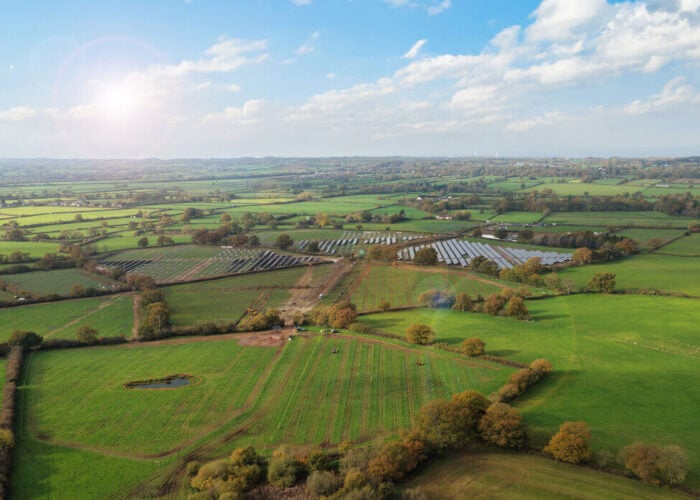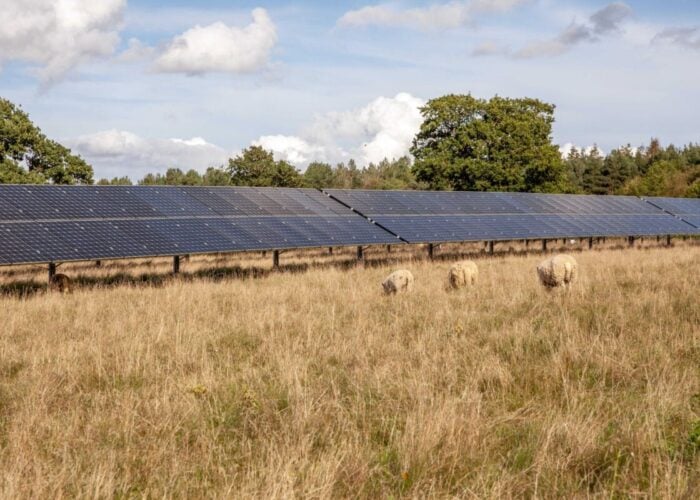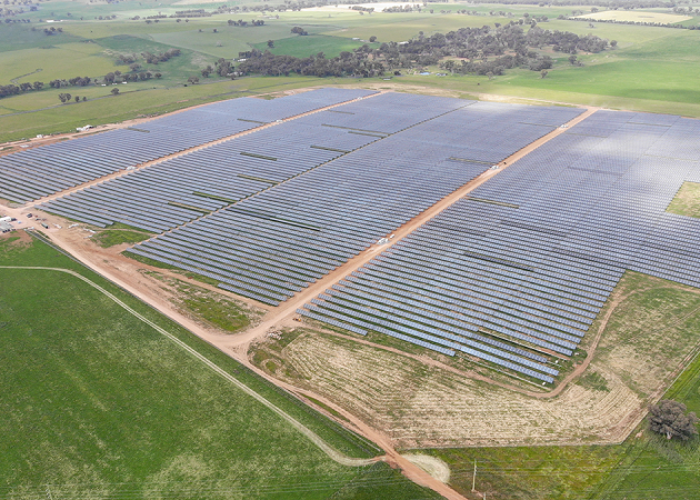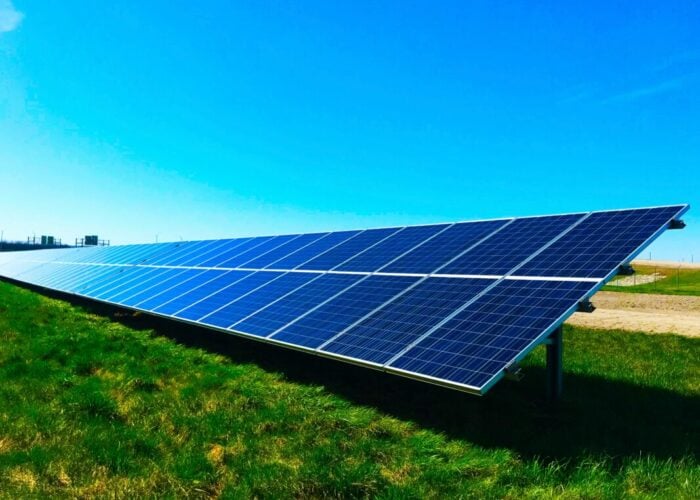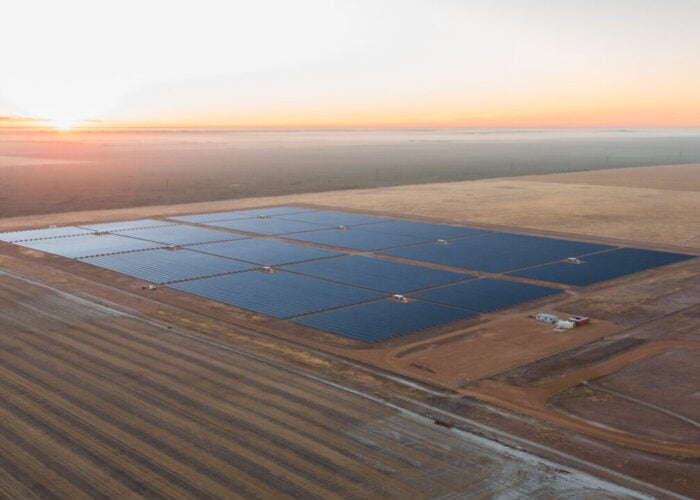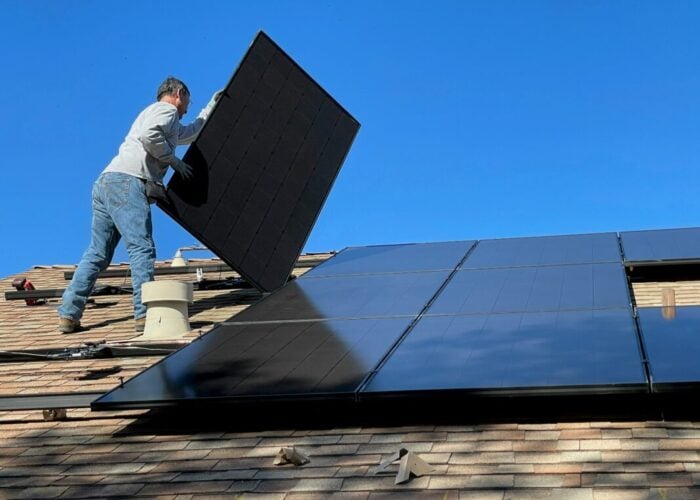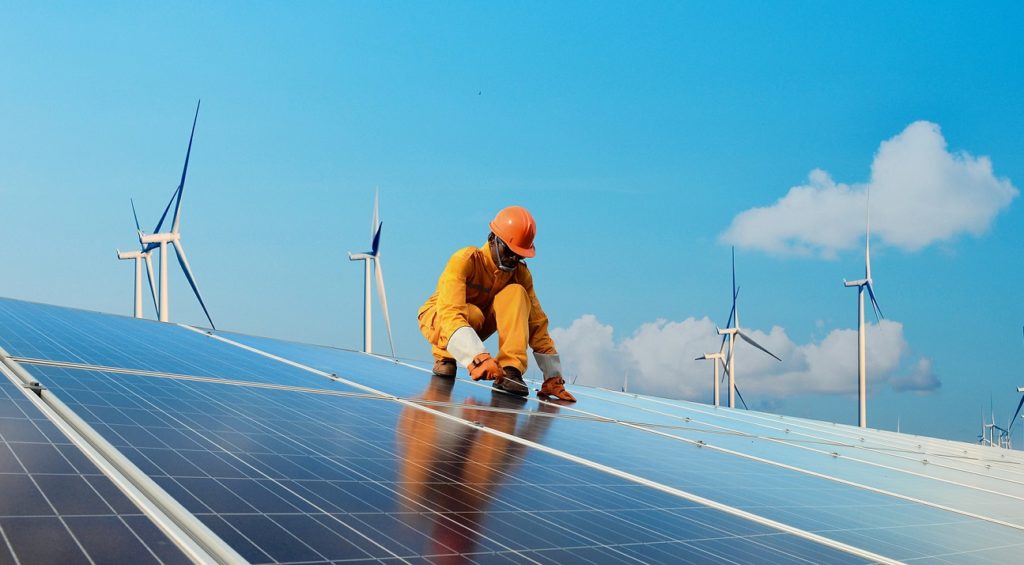
The UK government has decided it will not sign a Contract for Difference (CfD) with Xlinks for the 11.5GW Morocco-UK interconnector project.
Officials from the Department for Energy Security and Net Zero (DESNZ) engaged with Xlinks to understand the details of the proposal and concluded that it was not aligning with the government’s goal to build homegrown power in the UK.
Try Premium for just $1
- Full premium access for the first month at only $1
- Converts to an annual rate after 30 days unless cancelled
- Cancel anytime during the trial period
Premium Benefits
- Expert industry analysis and interviews
- Digital access to PV Tech Power journal
- Exclusive event discounts
Or get the full Premium subscription right away
Or continue reading this article for free
This decision comes only days after the government released its Industrial Strategy, including a Clean Energy Industries Sector Plan that it said will “ensure the clean energy revolution is built in Britain”.
Michael Shanks, UK’s energy minister, said: “The government has concluded that it is not in the UK national interest at this time to continue further consideration of support for the Morocco-UK Power Project.
“This would be a first of a kind mega project which has a high level of inherent, cumulative risk (delivery, operational and security). We acknowledge the excellent work of Xlinks on trying to mitigate these risks where possible but nevertheless, this remains a factor in decision-making.”
Unveiled back in 2021, The Morocco-UK Power Project comprises a 11.5GW connection consisting of four High-Voltage Direct Current (HVDC) subsea cables – across a 4,000km route – between a hybrid solar and wind farm co-located with a 5GW/22.5GWh onsite battery storage facility in Morocco’s Guelmim Oued Noun region.
Xlinks chair, sir Dave Lewis, said of the government’s decision not to consider a CfD for the project: “We are hugely surprised and bitterly disappointed that the UK government would choose to walk away from an opportunity to unlock the substantial value that a large-scale renewable energy project like this would bring.”
When the project was announced in 2021, the company said it would deliver energy at a cost of £48/MWh (US$65.9/MWh).
The subsea megaproject is expected to cost in the region of £18 billion and previously received funding from TAQA, one of the largest listed integrated utility companies in the Middle East and North Africa region, and Octopus Energy.
This article was first published on our sister site Current±.
The UK’s energy minister Michael Shanks will deliver the keynote address at Solar Media’s Clean Power 2030 Summits in London on 1-2 July 2025. An event that will combine the UK Solar Summit, the Wind Power Finance & Investment Summit and the Green Hydrogen Summit.

